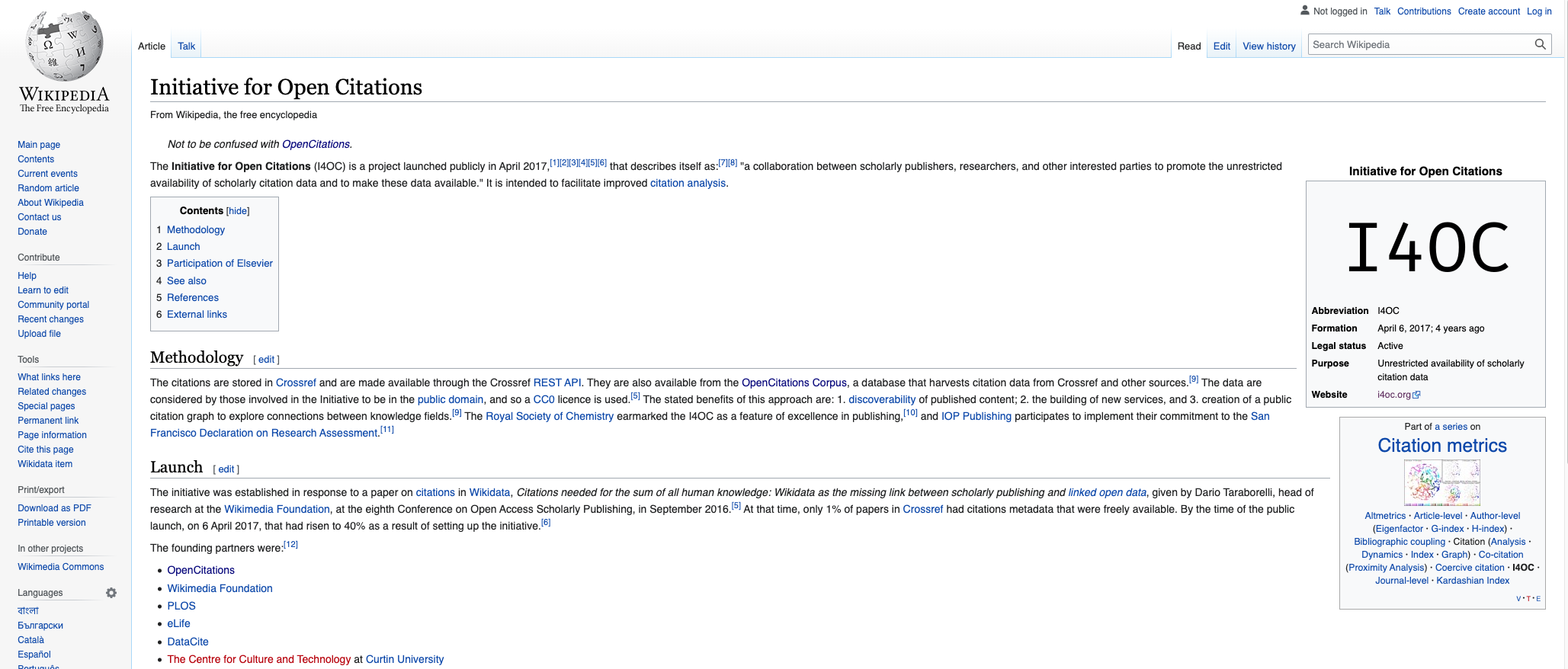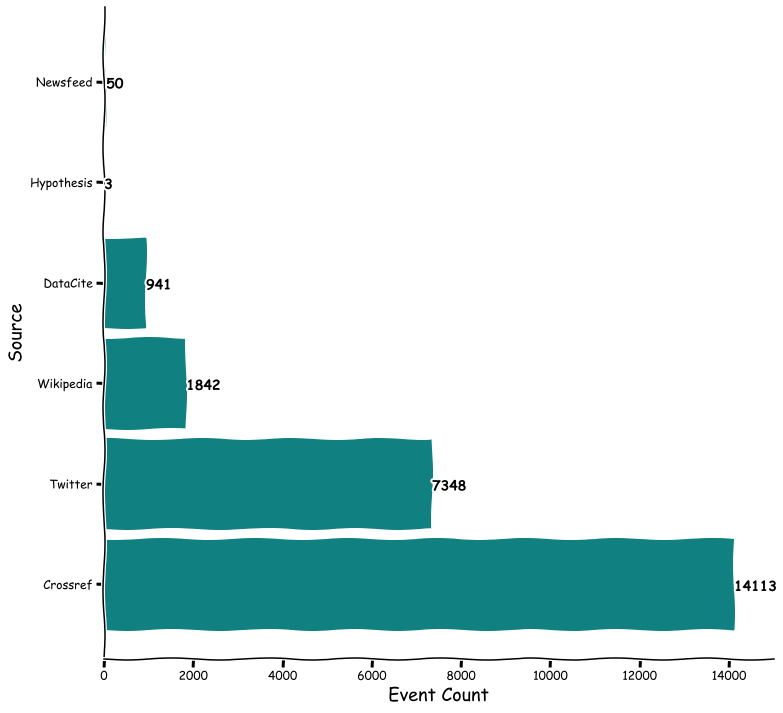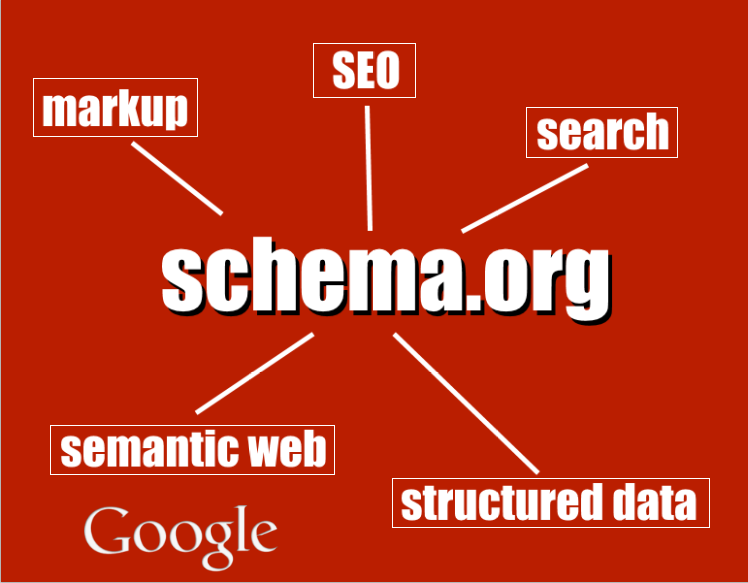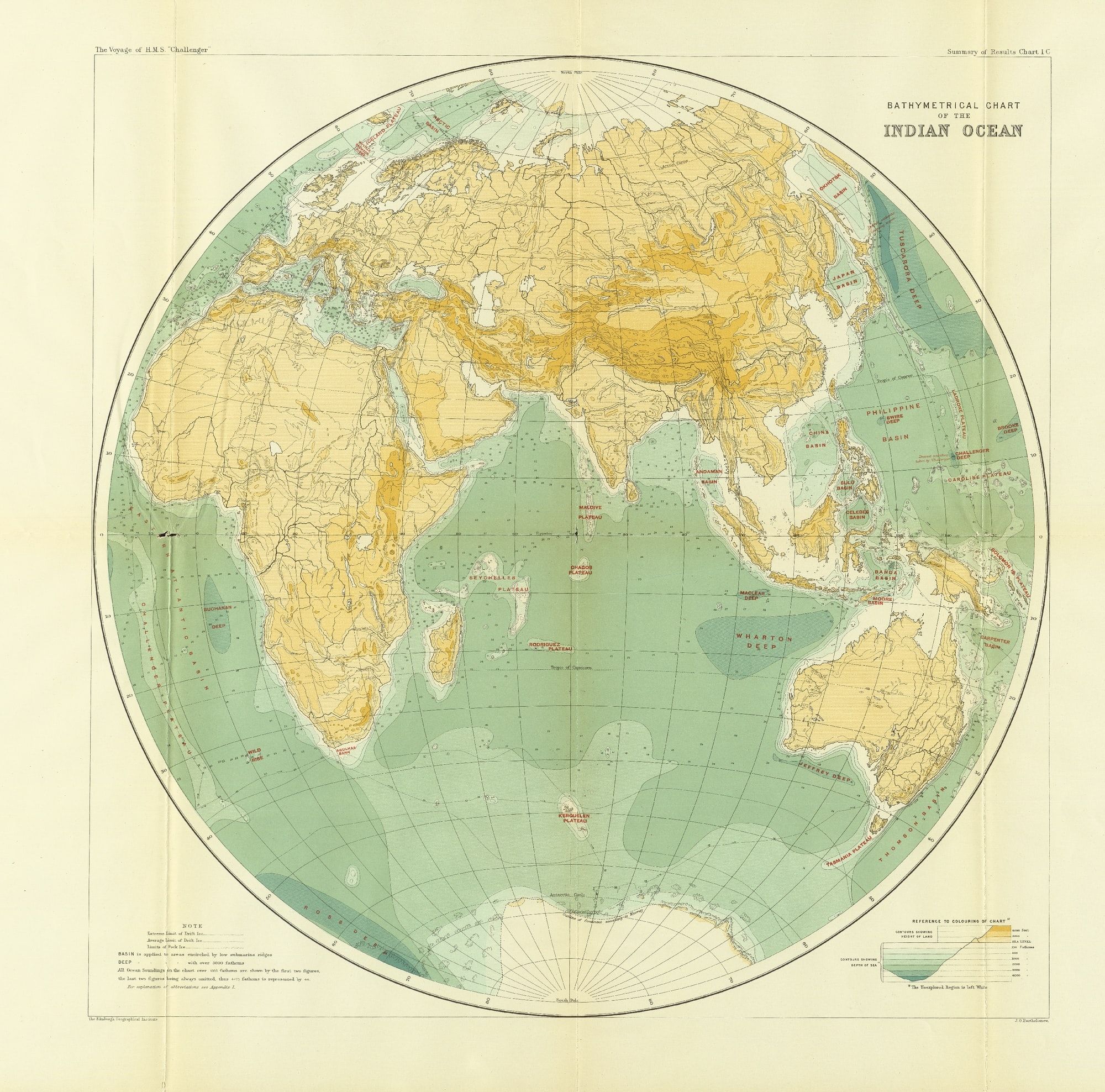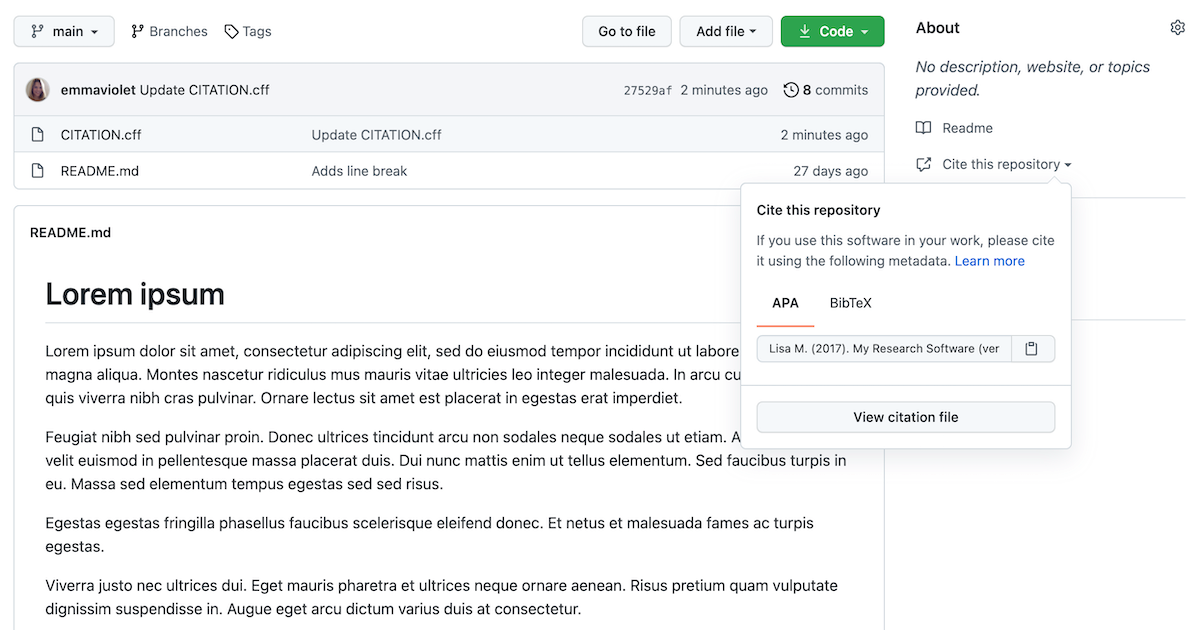
The Force2021 conference will take place from December 7-9. The conference will be virtual, and registration is free. And we will again be hosting a Force2021 hackathon, as co-located virtual event on December 6 and December 10. We will meet for four hours each (1 PM - 5 PM GMT) and will communicate via Zoom.

